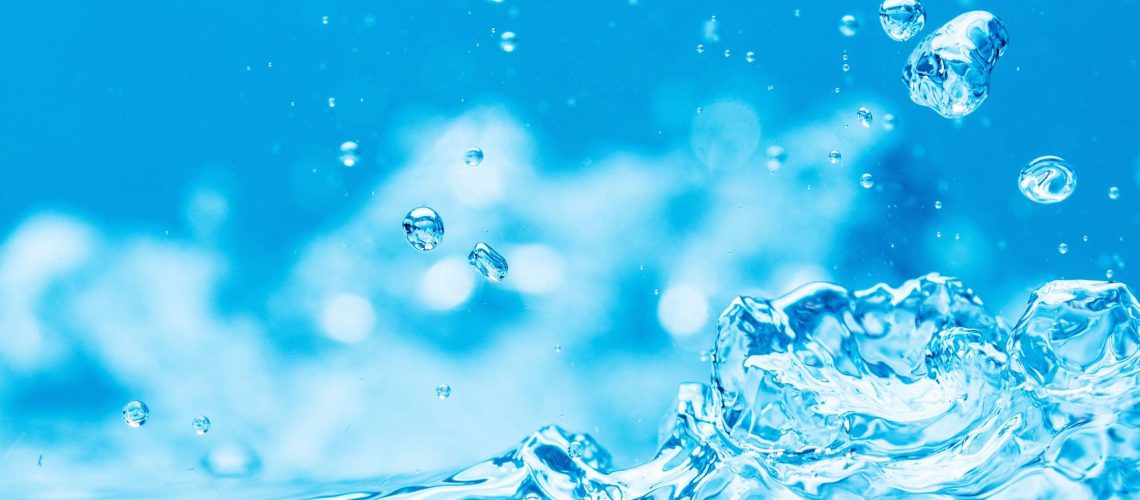Are you ready to dive into the world of irrigation systems? Understanding the four water sources available is crucial for success.
In this article, we will take a closer look at each water source and their unique characteristics. From the reliable municipal water supply to the eco-friendly rainwater harvesting, and the untreated well water to the abundant surface water, you’ll gain a deeper understanding of which option suits your needs best.
So, get ready to explore the four water sources for irrigation systems. Let’s dive in and make an informed decision for your watering needs.
Municipal Water Supply
If you rely on the municipal water supply for your irrigation system, you have access to a convenient and regulated source of water. Municipal water supply refers to water that’s provided by the local government or a public utility company. This water is treated and monitored to ensure that it meets certain quality standards.
One of the benefits of using municipal water for irrigation is that it’s readily available and easily accessible. You don’t have to worry about drilling a well or maintaining a water pump. Additionally, the water is regulated, which means that it’s supplied consistently and in sufficient quantities. This can be particularly beneficial during times of drought or water restrictions.
Rainwater Harvesting
When considering water sources for your irrigation system, another option to explore is rainwater harvesting.
Rainwater harvesting involves collecting and storing rainwater for later use in watering your plants and gardens. This method not only helps conserve water but also reduces your reliance on municipal water supplies or well water systems.
The process involves installing a rainwater harvesting system that typically includes a collection surface such as a roof, gutters to direct the water, and a storage tank to hold the collected rainwater. The stored rainwater can then be used for irrigation purposes, reducing your water bills and promoting sustainability.
Rainwater harvesting is a practical and eco-friendly solution for homeowners who want to make the most of nature’s gift.
Well Water
To continue exploring water sources for irrigation systems, let’s delve into the topic of well water.
Well water is groundwater that’s untreated and can be accessed by drilling a well. Once the well is drilled, a water pump is installed to bring the water out of the ground for treatment.
Well water is an essential source of water for various purposes, including irrigation. It ensures access to clean water and is a reliable source for irrigation systems.
However, it’s important to note that well water may require additional filtration or treatment before it’s safe for use. If you have a well on your property, it’s advisable to have the water tested regularly to ensure its quality and safety for irrigation purposes.
Surface Water
Surface water is a common and accessible water source for irrigation systems. It refers to water found in rivers, lakes, and ponds. One advantage of using surface water for irrigation is its availability. These water sources are usually abundant and easily accessible, making it convenient for property owners to use them for their irrigation needs.
Additionally, surface water is often free or relatively inexpensive, which can help property owners save on water costs. However, there are some considerations to keep in mind when using surface water. It may require proper filtration and treatment to remove any contaminants or impurities. Also, the availability of surface water may vary depending on the season and weather conditions.
Cultivate A Thriving Landscape With Southwest Florida Service & Supply
For tailored solutions and expert guidance in optimizing your irrigation system, trust Southwest Florida Service & Supply. Our dedicated team specializes in delivering top-notch services and supplies to enhance the efficiency of your irrigation setup.
Take proactive steps to elevate your landscape’s health and vitality—reach out to Southwest Florida Service & Supply today. Let us be your partner in ensuring a green, flourishing environment around your property.

